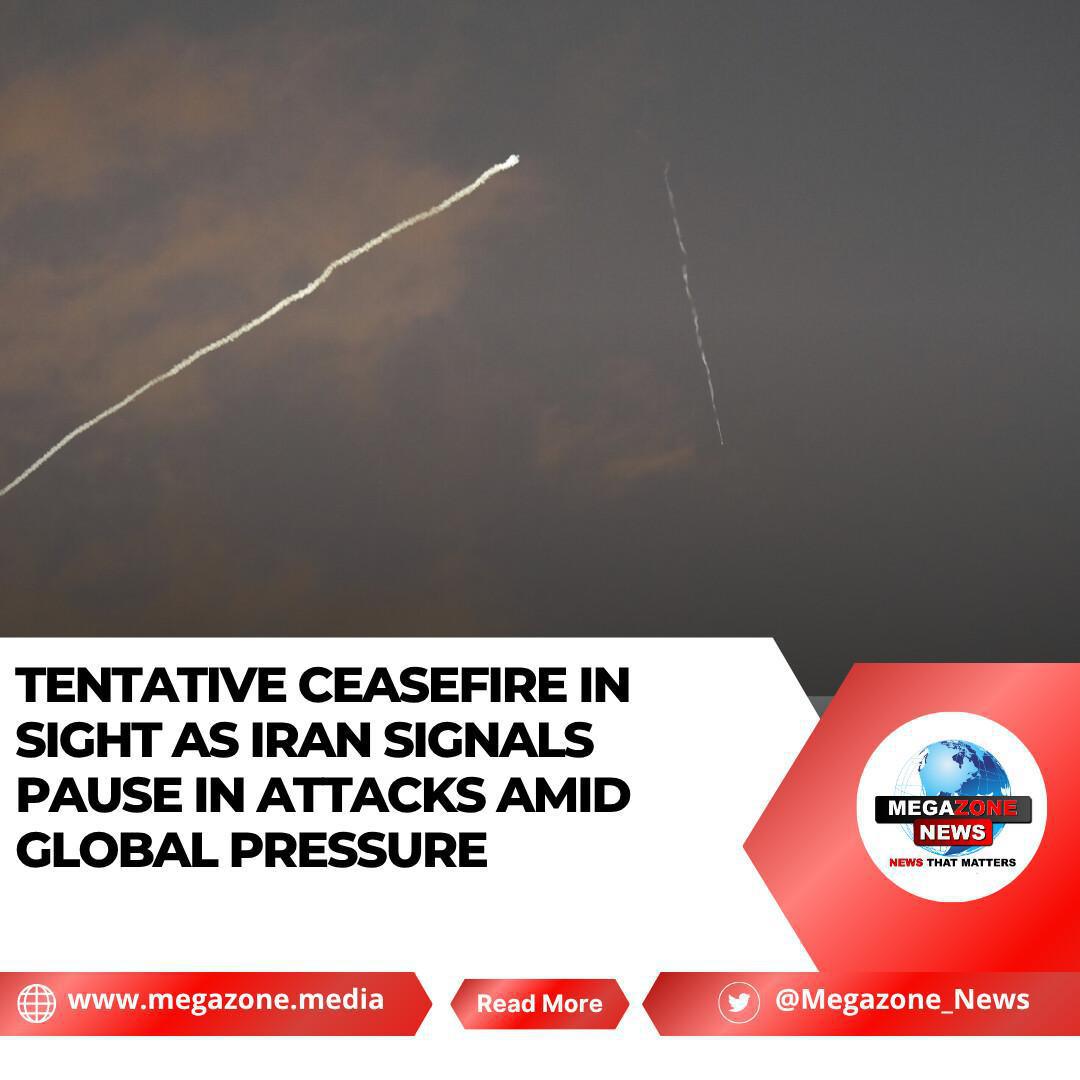Tehran has indicated it may halt military operations against Israel, provided the Israeli government ceases its offensive, following an announcement by former U.S. President Donald Trump of a phased ceasefire agreement aimed at ending the escalating conflict.
Speaking early Tuesday, Iranian Foreign Minister Abbas Araghchi said Tehran had stopped its strikes as of 4am local time (0030 GMT), but warned that continued Israeli aggression would prompt further retaliation. “As of now, there is NO formal agreement on a ceasefire or cessation of hostilities,” Araghchi posted on social media. “However, if the Israeli regime ends its illegal aggression by 4am Tehran time, we have no intention to continue our response.”
Trump, posting on his Truth Social platform, declared that both Israel and Iran had agreed to a “Complete and Total CEASEFIRE,” which would be implemented over 24 hours—beginning with Iran halting operations, followed by Israel 12 hours later. “Upon the 24th hour, an official end to the 12-day war will be saluted by the world,” he wrote, adding that both parties had pledged to remain “peaceful and respectful” during the truce process.
There has been no official confirmation from Israel regarding its participation in the ceasefire. Meanwhile, overnight explosions continued in Tehran, with AFP journalists reporting powerful blasts in the city’s northern and central districts—some of the strongest seen since the conflict began on June 13.
U.S. Base Targeted Amid Tensions
The ceasefire announcement came hours after Iran launched a missile strike on Al Udeid Air Base in Qatar—the largest U.S. military facility in the Middle East. Trump dismissed the attack as “very weak,” noting that Iran had given prior notice.
Iran’s National Security Council stated the missile barrage was a direct response to U.S. airstrikes on Iranian nuclear facilities. “The number of missiles was the same as the number of bombs dropped by the U.S.,” the council noted, emphasizing a proportional retaliation.
Analysts suggest the tit-for-tat targeting signals both sides are seeking to avoid further escalation. “This was calibrated and telegraphed in a way that would not result in any American casualties,” said Ali Vaez of the International Crisis Group. “It provides an off-ramp for both sides.”
Regional Fallout and Global Reactions
The U.S. strikes followed Israel’s surprise preemptive attacks on Iranian nuclear and military facilities, triggering a wave of retaliatory missile fire between the two adversaries. The fighting has left over 400 dead in Iran, according to its health ministry, while 24 Israelis have been confirmed killed in counterstrikes.
The widening conflict has drawn strong international condemnation and warnings of broader instability. French President Emmanuel Macron called for an end to the “spiral of chaos,” while China voiced concerns over potential economic disruptions.
Iran’s missile attack on Al Udeid has also drawn criticism from Qatar, which condemned the move as a “blatant act of aggression.” The Qatari government asserted its right to respond proportionally, though reports indicate the base had been evacuated before the strike. U.S. officials confirmed the use of short- and medium-range ballistic missiles.
As the conflict’s toll mounts, civilians in both nations remain on edge. Tehran residents gathered in celebration overnight, waving flags and chanting anti-American slogans, while Qatar temporarily closed its airspace amid security concerns.
World leaders are now watching closely, hopeful that the ceasefire proposal holds—preventing what many fear could spiral into a wider regional war.


